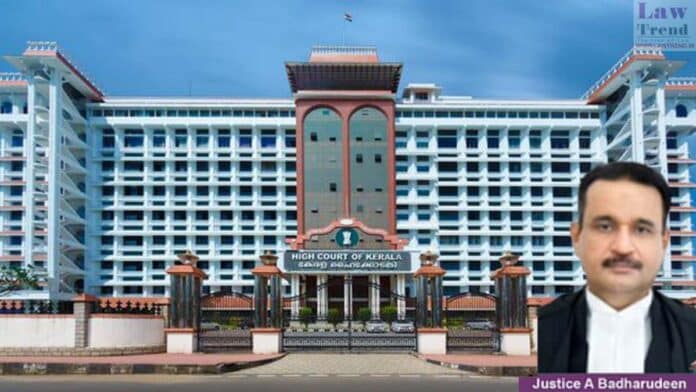The Kerala High Court, in a crucial judgment delivered by Justice A. Badharudeen on January 17, 2025, stressed the necessity of evaluating specific allegations in cases filed under Section 498A of the Indian Penal Code (IPC). The decision was rendered in CRL.MC No. 8651 of 2018, stemming from Crime No. 616/2016 of Hosdurg Police Station.
To Read More Please Subscribe to VIP Membership for Unlimited Access to All the Articles, Download Available Copies of Judgments/Order, Acess to Central/State Bare Acts, Advertisement Free Content, Access to More than 4000 Legal Drafts( Readymade Editable Formats of Suits, Petitions, Writs, Legal Notices, Divorce Petitions, 138 Notices, Bail Applications etc.) in Hindi and English.




